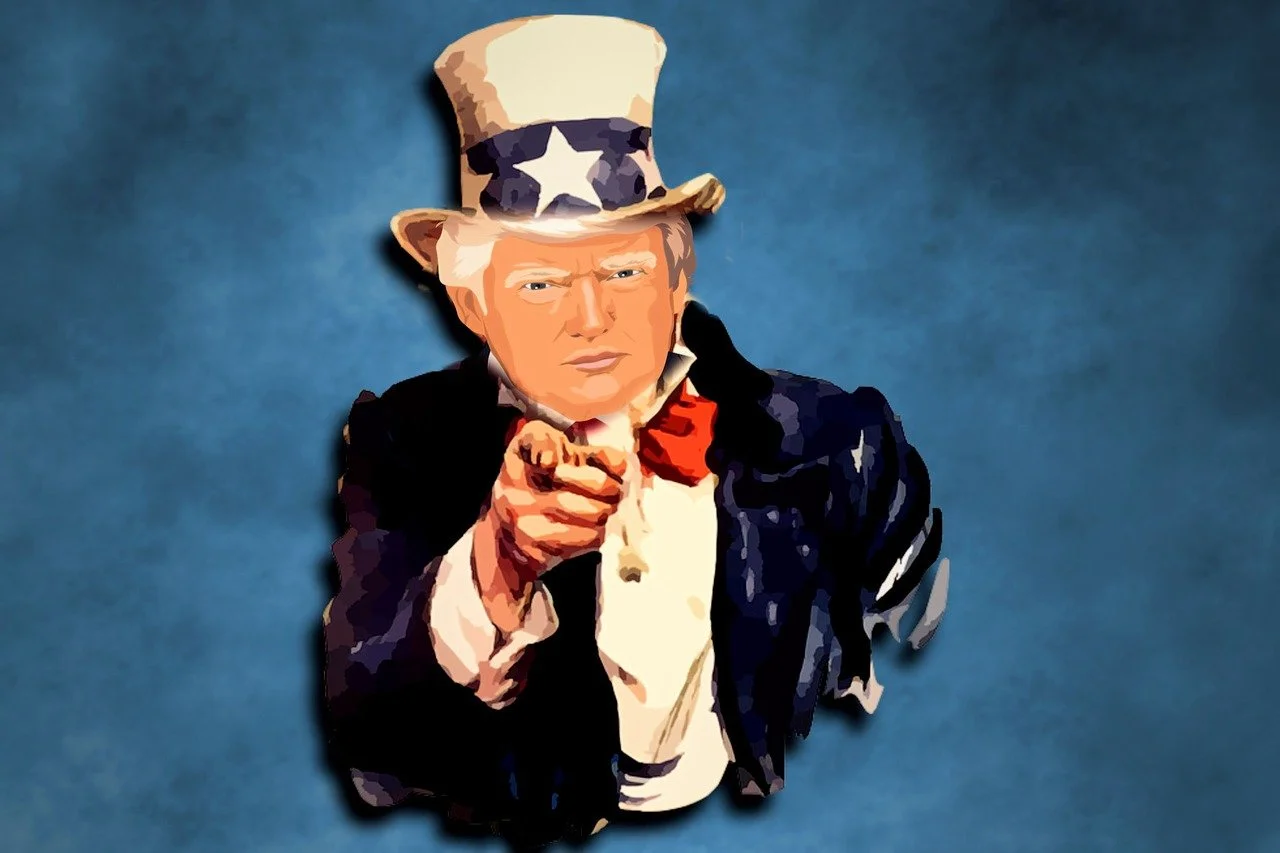Trump Set to Overhaul U.S. Crypto Policies on Day One
14.01.2025 10:30 1 min. read Alexander Zdravkov
President-elect Donald Trump is expected to prioritize cryptocurrency reform immediately after taking office, with executive orders targeting regulatory hurdles and boosting innovation.
According to The Washington Post, his team has worked closely with crypto leaders to draft policies addressing de-banking and reversing rules requiring banks to classify digital assets as liabilities.
A major proposal includes creating a national Bitcoin reserve, with plans for a $21 billion investment to establish Bitcoin as a strategic asset. Pro-crypto appointees like incoming SEC Chair Paul Atkins are expected to further support the industry, signaling a shift toward more collaborative and innovation-friendly regulation.
The move comes as Trump’s administration seeks to position the U.S. as a leader in the global digital economy. Analysts believe these changes could unlock significant growth potential by providing regulatory clarity and fostering stronger ties between government agencies and private-sector innovators. With cryptocurrency adoption rising globally, Trump’s policies could help solidify the U.S. as a central hub for blockchain and digital asset development.
While the crypto market has seen recent declines, Trump’s anticipated reforms have sparked optimism. Industry insiders predict that clear regulatory frameworks and institutional backing will drive renewed confidence and set the stage for market recovery and long-term growth under his leadership.
-
1
History Shows War Panic Selling Hurts Crypto Traders
28.06.2025 18:30 3 min. read -
2
Ripple Faces Legal Setback as Court Rejects Bid to Ease Penalties
26.06.2025 16:54 1 min. read -
3
Coinbase Surges 43% in June, Tops S&P 500 After Regulatory Wins and Partnerships
29.06.2025 21:00 2 min. read -
4
Ripple Has Applied for a National Banking License
03.07.2025 7:00 2 min. read -
5
What Will Happen With the Stock Market if Trump Reshapes the Fed?
29.06.2025 13:00 2 min. read
Sberbank Moves to Dominate Russia’s Crypto Custody Sector
Sberbank, Russia’s largest state-owned bank, is preparing to launch custody services for digital assets, marking a significant expansion into the country’s evolving crypto landscape.
Bank of America CEO Confirms Stablecoin Plans Are in Motion
Bank of America is actively developing a stablecoin offering, CEO Brian Moynihan revealed during a post-earnings conference call on Wednesday.
PayPal Expands PYUSD to Arbitrum in Latest Blockchain Push
PayPal has expanded its stablecoin, PayPal USD (PYUSD), to the Arbitrum network, marking a key step in its strategy to integrate with faster, more cost-efficient blockchain infrastructure.
Citigroup Explores Launching Stablecoin as Banks Embrace Crypto Shift
Citigroup is evaluating the potential launch of its own U.S. dollar-backed stablecoin, signaling a growing shift in sentiment among traditional financial institutions toward digital assets.
-
1
History Shows War Panic Selling Hurts Crypto Traders
28.06.2025 18:30 3 min. read -
2
Ripple Faces Legal Setback as Court Rejects Bid to Ease Penalties
26.06.2025 16:54 1 min. read -
3
Coinbase Surges 43% in June, Tops S&P 500 After Regulatory Wins and Partnerships
29.06.2025 21:00 2 min. read -
4
Ripple Has Applied for a National Banking License
03.07.2025 7:00 2 min. read -
5
What Will Happen With the Stock Market if Trump Reshapes the Fed?
29.06.2025 13:00 2 min. read


